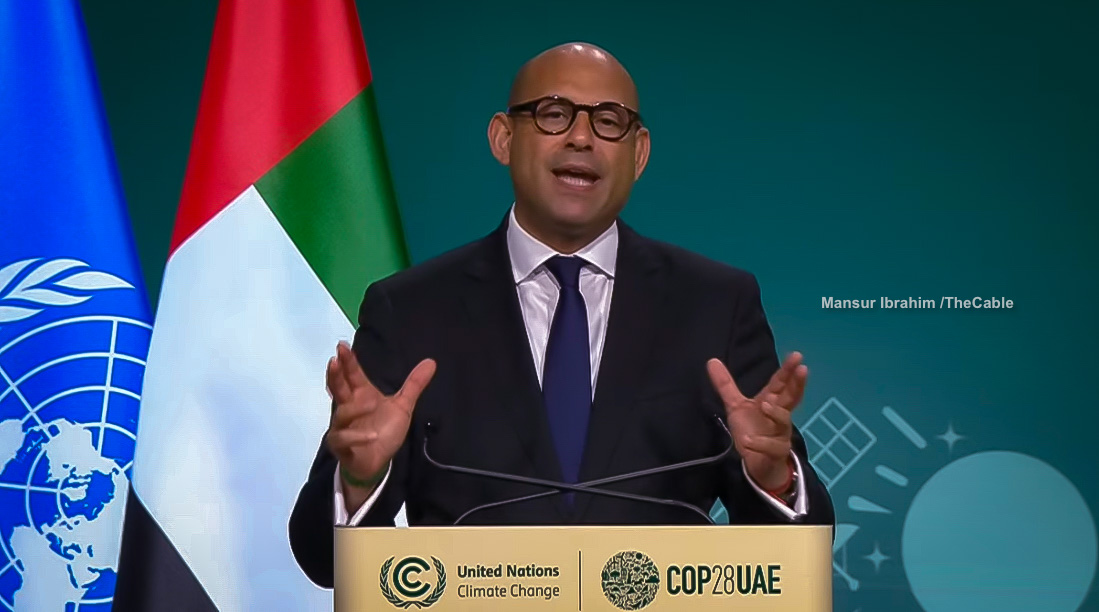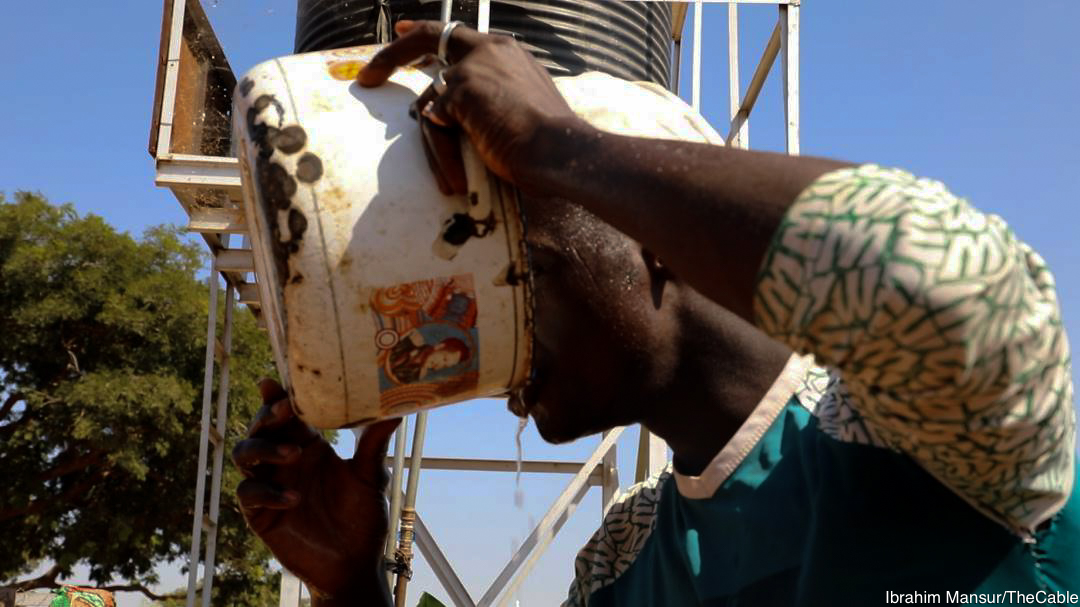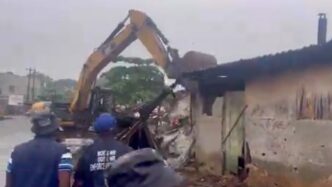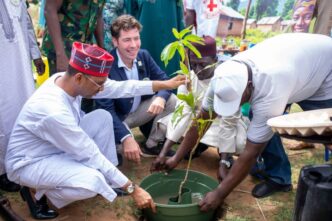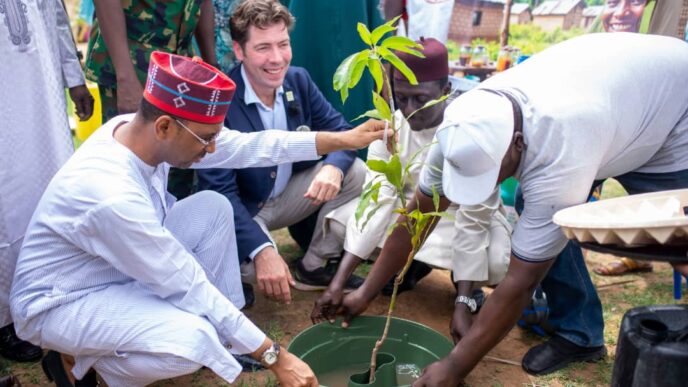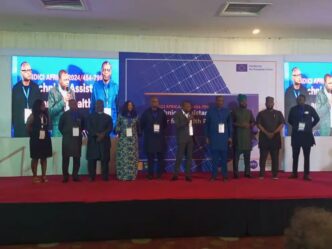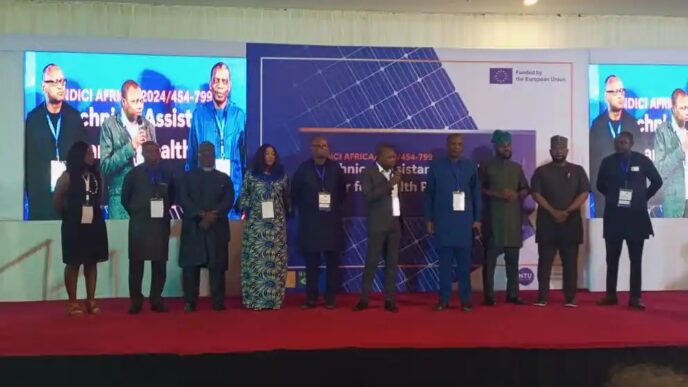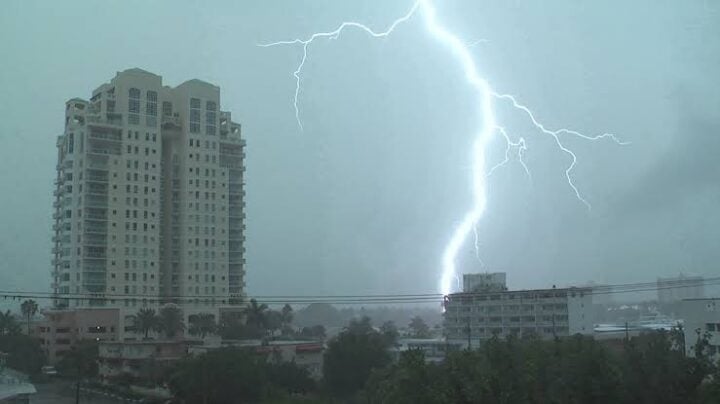Simon Stiell, the United Nations executive secretary
Despite directly impacting our communities, health, and livelihoods, climate-related reports usually take a back seat to dominant news beats like politics and business.
Climate Watch aims to ensure you never miss important stories on climate change and actions being taken toward limiting its impact.
Here is a round-up of last week’s climate stories:
- Simon Stiell, the United Nations executive secretary, says the use of artificial intelligence can “greatly boost” early warning systems (EWS) in vulnerable regions. At the June climate meetings in Bonn, the UN framework convention on climate change (UNFCCC) and United Nations Environment Programme (UNEP) climate technology centre and network (CTCN) focused on scaling up early warning systems globally. This is in support of the early warning for all initiative, which aims to ensure that by 2027 every person on earth is protected by EWS. UNFCCC said the early warning system technology will feature artificial intelligence (AI), remote sensors and satellites that can be used to analyse data, predict extreme weather events, and provide targeted alerts for communities at risk. Stiell said the AI can offer “remarkably precise foresight on imminent climate impacts and disasters”. “This could be instrumental in helping countries and communities prepare – providing real-time information that saves lives and livelihoods on a massive scale. As we fight for an equitable and just transition, we need to make sure that these technologies are accessible to all,” Stiell said.
- Last week, torrential rain in Lagos left most parts of the metropolis and major roads underwater. The rain began around 2am. Some residents woke up to find their homes and estates flooded. Almost all parts of Lagos, including Surulere, Ijesha, Okokomaiko, Ibeju-Lekki, Greenland Estate in Mende, Gbagada, Oshodi, Isolo, Lekki, Ikoyi, Ogba, Ikeja and Ajah were affected by the flood. Major roads like the Iyana-Oworonshoki link to the Third Mainland Bridge, LASU/Iba-Ojo road, Awolowo road in Ikeja, Apapa-Gbagada expressway and the Lagos-Ibadan highway were flooded. See photos here.
- The federal government says 19 states and the federal capital territory (FCT) are likely to experience severe river flooding towards the end of July. The government also warned that continuous flooding may exacerbate the cholera outbreak in the country. Joseph Utsev, minister of water resources and sanitation, said the country has been experiencing flash floods caused by torrential rainfall and blocked drainage systems in urban areas. Read more here.
- Adeola Michael Dahunsi, an ocean scientist, says Nigeria is yet to fully harness the benefits that come with its water bodies. Dahunsi spoke on July 3 during a webinar themed ‘Understanding the blue economy in the Nigerian context’. He said through a wave energy converter system, ocean waves can be intercepted and converted into power. The scientist added that with wave strength now waning, the erosion of coastal areas will also reduce. Read more here.
- Experts in the energy sector have called for the inclusion of local communities in Nigeria’s energy transition process. The Africa Policy Research Institute, the Shehu Musa Yar’Adua Foundation, the Health of Mother Earth Foundation (HOMEF), and the Centre for Social Studies and Development Agenda made the call on July 5 at a Ford Foundation-supported energy dialogue in Abuja. They condemned the environmental degradation and socio-economic disparities in the Niger Delta region. They lamented the environmental damage from decades of oil exploration, which has led to the destruction of farmlands, pollution of water bodies, and poor air quality. Read more here.
Advertisement
Add a comment
